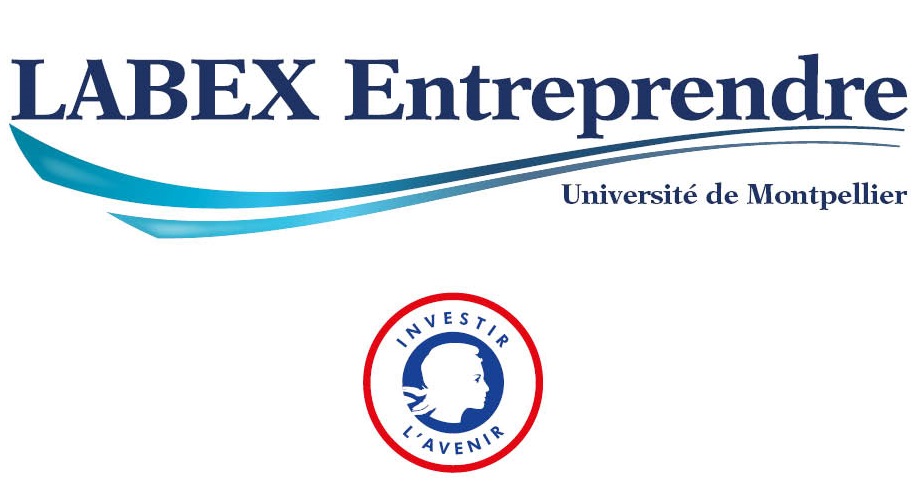Labex Entreprendre Montpellier – PhD position on Entrepreneurial ecosystem and digitalization
PhD position on Entrepreneurial ecosystem and digitalization
Sujet / Subject
Ecosystème entrepreneurial et digitalisation
Entrepreneurial ecosystem and digitalization
Mots clés /Key words
Ecosystème entrepreneurial, Digitalisation, Evolution, Système complexe adaptatif
Entrepreneurial ecosystem, digitalization, Evolution, Complex Adaptative System
Laboratoire / Research lab
Montpellier Research in Management (https://mrm.edu.umontpellier.fr/)
And
LabEx Entreprendre (https://labex-entreprendre.edu.umontpellier.fr)
Directeur de thèse / Supervisor :
Pr Karim Messeghem
Mail : karim.messeghem@umontpellier.fr
PhD position ENTREPRENEURIAL ECOSYSTEM AND DIGITALIZATION 2021



